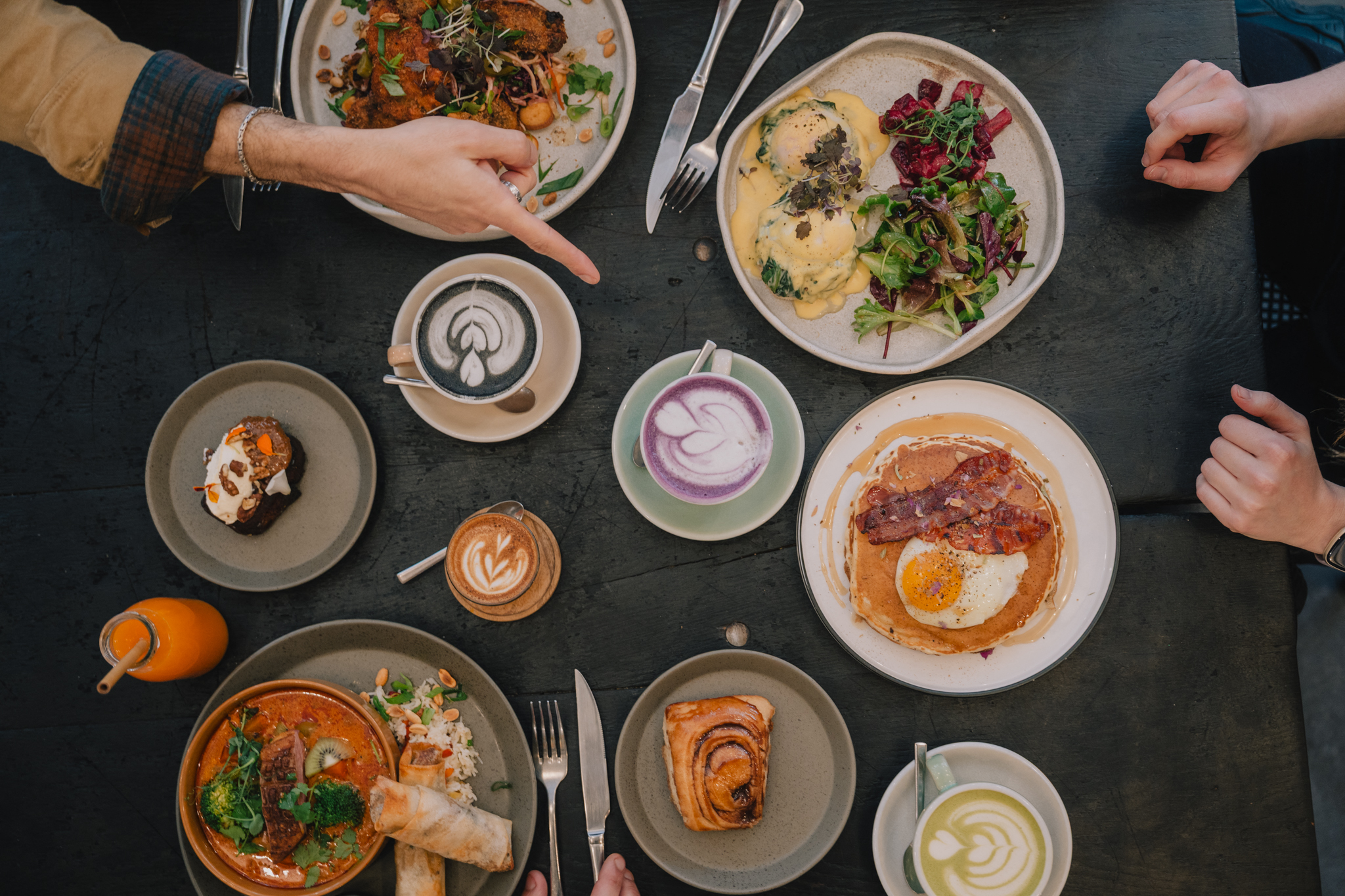"Enhancing Hair Health with Protein"

There's no shortage of hair products that claim to make hair feel fuller, healthier, and stronger. Sure, the right hair care products can go a long way for visibly improving the look and feel of your hair. But if you want to support the hair on your head and your hair's natural growth cycle, you'll need more than the right arsenal of topical hair products. It may be hard to believe, but what you put on your plate may be the secret ingredient.
Can you really eat your way to better hair? Experts say it's possible, especially if you focus on a specific macronutrient: protein. Here's a look at how protein intake impacts hair growth and how to get the right amount of protein for healthier, thicker hair.
Fun fact: The hair on your head is actually made up of a super tough protein, keratin, which Marisa Garshick, MD, a board-certified dermatologist at MDCS Dermatology, says gives hair its structure and strength. 'Consuming enough protein ensures the body can produce keratin, supporting hair growth,' she explains. Additionally, proteins help maintain a healthy scalp, creating a favorable environment for hair growth.
The type of protein you're consuming is also important. 'Protein sources beneficial for hair growth, health, and thickness include lean meats, fish, eggs, beans, nuts, dairy products, and soy,' explains Garshick. 'These foods provide essential amino acids, the building blocks of keratin, which strengthens and thickens hair.'
According to the Recommended Dietary Allowance (RDA) for average adults, we need around 0.8 grams of protein per every 2.2 pounds of body weight daily. For example, if you weigh 140 pounds, you'll need (140/2.2 x 0.8) or approximately 51 grams of protein daily. Bonnie Taub-Dix, RDN, creator of BetterThanDieting.com, says that most people get an adequate amount of protein each day, but there are instances where an individual may need more. 'If you’re feeling like you have muscle loss or you’re often feeling weak or tired, perhaps you need to pick up the amount of protein you’re eating,' says Taub-Dix.
If you're serious about improving your hair with protein, Garshick says the process can take time. 'To see noticeable results in hair health from a protein-rich diet typically takes about three to six months,' she explains. 'Hair growth is a slow process, and individual results may vary depending on factors such as overall health, age, and genetics.' That said, Garshick offers key steps for healthier, fuller hair.
While adding protein into your diet and hair care routine can be beneficial, it's important to note that protein isn't the fix for every hair loss situation. 'It's true that protein supports hair growth and hair strength while also improving hair appearance and preventing hair loss, but that doesn't mean that if you are balding, that eating a huge amount of protein will grow your hair back,' explains Garshick. 'We lose hair for many reasons, some of which we have no control over, such as our genetics.' If you are experiencing sudden hair loss, Taub-Dix says it's a good idea to check in with a healthcare provider.
To sneak more protein into your diet, Taub-Dix says it's easy to hit the daily recommended amount by making a few tweaks. 'Just as a frame of reference, 3 ounces of poultry looks like a deck of cards, providing around 21 grams of protein,' she explains. 'A cup of Greek yogurt can provide around the same amount. One handful of almonds provides a whopping 6 grams of plant protein.'
Based on this, Taub-Dix says you can easily increase your protein intake by adding a scoop of cottage cheese or a tablespoon or two of nut butter to your breakfast to give your body a morning jumpstart on protein intake. Here are a few other ways to add protein to your diet.




